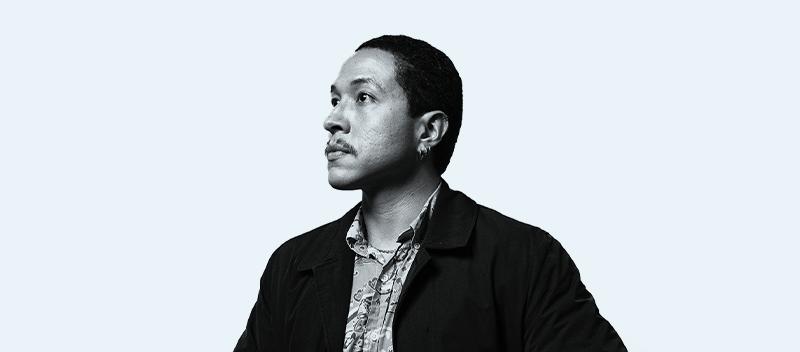Miguel (a fictional character) had been feeling anxious and uncomfortable with the interactions with his supervisor. He found himself putting up with stressful discussions that always ended with slamming of the table, shouts, bullying and intimidation, and a helpless feeling of being called stupid and incompetent. Miguel does not really know how to approach the situation because he is convinced that if he addresses the matter with his supervisor, an imminent retaliation will follow, jeopardising the completion of his PhD programme. Miguel decides to remain silent.
In 2023, a quarter of surveyed PhD candidates experienced undesirable behaviour during their programme, where 36 per cent of scholarship PhDs experienced such behaviours, which is more often than 21 and 19 per cent of their employed and external peers (source: Promovendi Monitor WUR PhD Candidates 2023). Moreover, of the reported cases, 26 per cent of undesirable behaviour was related to supervisors, and 42 per cent of the surveyed candidates preferred not to take any actions to solve the matter.
If you are a PhD who has experienced any situation that jeopardises your well-being during your programme I would like to urge you to speak up and address the matter. You may feel afraid and alone, but let me tell you, you are not! You can get confidential advice from the PhD advisors (General and mental guidance – WUR) in your corresponding graduate school. Moreover, at Wageningen University, we have access to confidential counsellors for scientific integrity, occupational social workers, and in-house medical staff who can provide professional guidance and assistance to deal with any hurdle you may be facing.
If you are a supervisor or any figure in the institutional higher hierarchy, be aware and mindful of the power that you have over someone’s career and mental and emotional health. I am convinced that we all want to do great science and put most of our attention towards productivity. However, that should not come at the expense of any person’s well-being.

 Photo Guy Ackermans
Photo Guy Ackermans 

